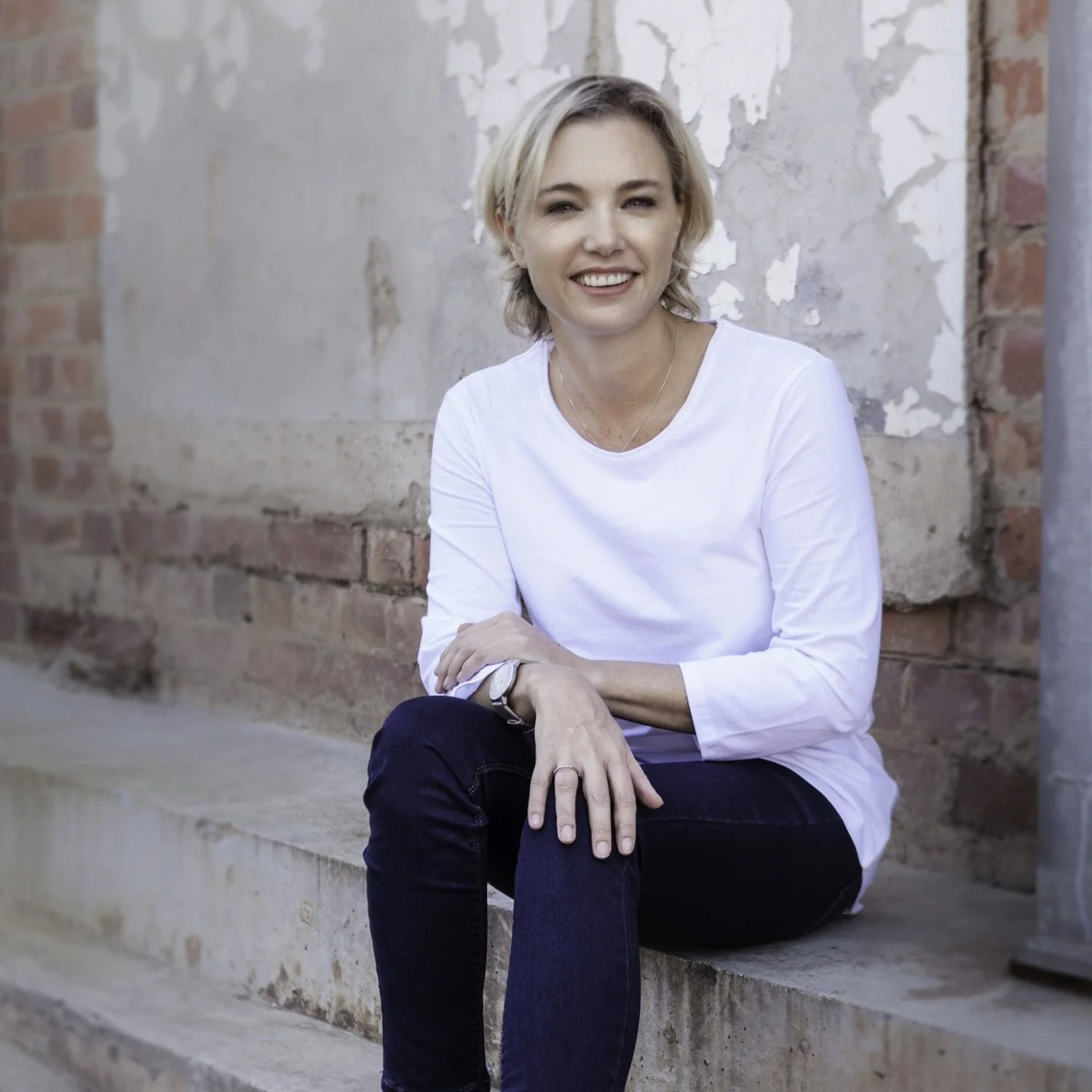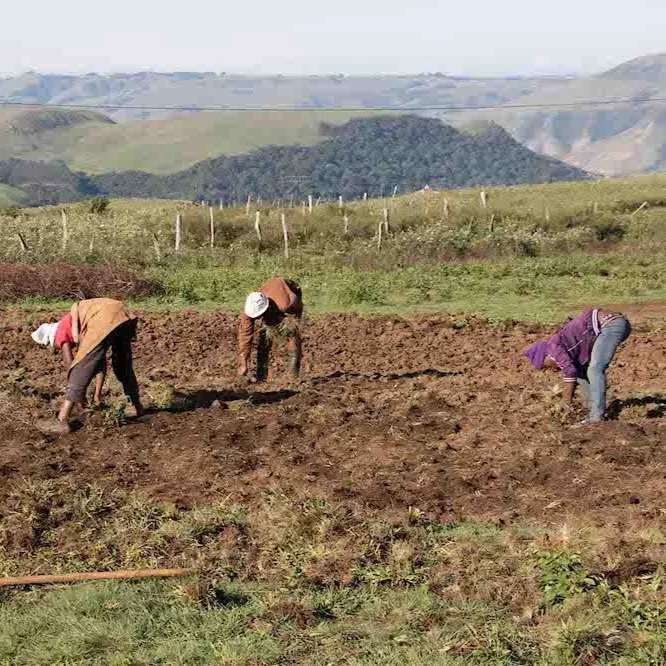Mental health of entrepreneurs in South Africa takes a toll
The impact of the recent looting and unrest in parts of our country has profoundly impacted many of the entrepreneurs we work with. It not only resulted in stunted growth of their businesses, but has also threatened their livelihoods and diminished their sense of safely, trust and hope.
On top of the challenges of dealing with the impact of COVID 19, this has caused considerable trauma and strain, negatively affecting their wellbeing. Little is said about the mental health of entrepreneurs and we often don't talk about the health of those who struggle every morning to keep their heads above water or simply to survive.
The journey of an entrepreneur is filled with many ups and downs, and there are many demands placed on them in starting and growing a business. It is easy during this process to neglect the most important thing – personal care.
For this reason and with October being Mental Health Awareness Month, we invested R300 000 into the RESTORE Programme in partnership with one of our stakeholders, FURTHER. This initiative provides trauma counselling and support to some of the current and alumni entrepreneurs who have been part of our programmes, who are grappling with the after-effects of the challenges that the last 18 months have brought to their lives.
The programme is designed to provide support in the form of virtual group workshops, run by a clinical psychologist. These equip entrepreneurs with the skills and processes to manage their mental health and ensure success in their personal and entrepreneurial journey.
We have also offered one-on-one counselling through Syked, a virtual private counselling platform that connects individuals to a network of qualified therapists via video call, text and telephonic support. Syked was one of the winners in our 2020 Social Innovation and Disability Empowerment Awards.
Through this we hope to support and build the emotional resilience of the entrepreneurs that we work with, to effectively cope in a complex and challenging environment. To date 50 entrepreneurs across our programmes have signed up for the workshops and 14 have committed to a series of counselling sessions.
The feedback from these programmes has been insightful. We were not sure what to expect, and were surprised and encouraged by the uptake of this opportunity.
Many participants had been struggling to understand the psychological impact of the current socio-political context on a personal level and as a small business owner.
One entrepreneur said "We go through our daily life burdened with guilt whilst trying to pursue our dreams. Getting to listen to other people going through a similar journey as you and knowing that it's okay to not be okay is uplifting. Words are just not enough.”
Others were finding it difficult to differentiate between the psychological terms that are prevalent in the current climate, such as crisis, trauma, devastation, deprivation, burnout and stress.
Misconceptions can range anywhere from denial of depression to associating mental illness with weakness. It is, therefore, important to de-stigmatise issues around mental health and bring people together on common platforms for better knowledge flows. This can result in better consensus, which can translate to positive outcomes for small business owners and entrepreneurs, not just in their work lives, but also in their personal ones.
One entrepreneur said, “I could use some of your gems when I chatted to a friend of mine last night diagnosed with cancer who starting his chemo therapy today. We all need someone to talk to and there is nothing wrong with being your friend’s keeper by just listening.”
Mental health issues can be as crippling as physical ones if not given timely care, with loss of productivity a common effect of mental illnesses. This is something entrepreneurs can ill afford.
High incidences of mental illnesses among entrepreneurs will also have a direct bearing on the performance of the whole start-up ecosystem. It is, therefore, essential that we create good support systems and challenge the social stigma around mental illness by raising awareness in our communities, not just now, but also in the long term.
As one of our participants said, “Healing is an ongoing process.”
- Bridgit Evans, SAB Foundation Director


